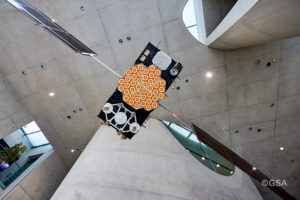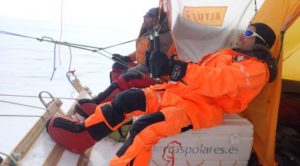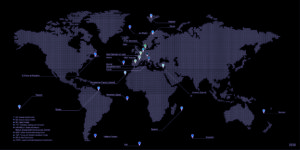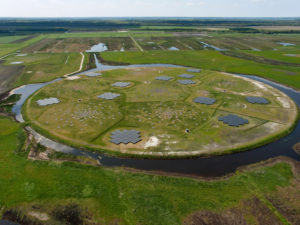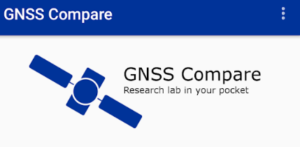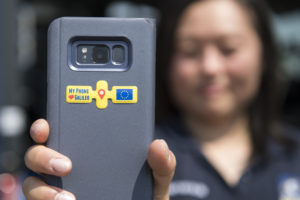Having completed all necessary qualification testing, ESA has received the green light to upgrade the global infrastructure running Europe’s Galileo satellite navigation system. The resulting migration, which started in February 2019, will incorporate new elements into the world-spanning system and boost the robustness of Galileo services delivered from the 26 satellites in orbit.
Authorisation for this upgrade – formally known as Galileo System Build 1.5.1 – has been given by the Galileo Security Accreditation Board, made up of European Union Member States. Read more…

